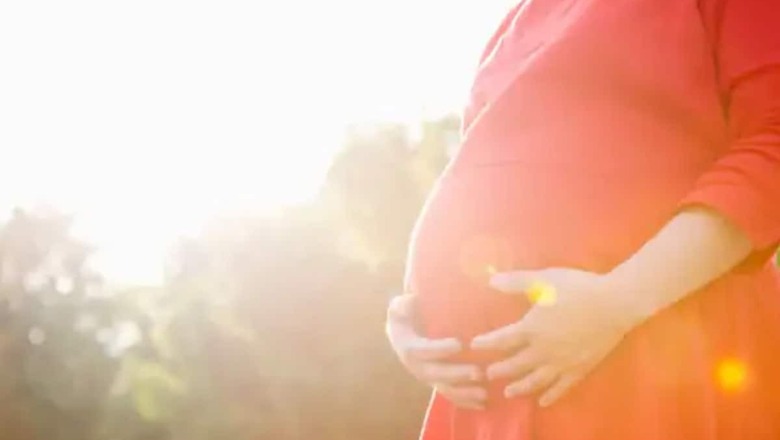
views
Fertility preservation has become increasingly familiar to cancer patients to improve the quality of life. Oncofertility is a term created for fertility preservation in cancer patients. It is a process of protecting eggs, sperm, or reproductive tissues so that a cancer patient can use them to have children in the future. Dr Pankaj Talwar, Head – Medical Services, Birla Fertility & IVF suggest these can help a patient to reproduce when they have overcome cancer.
Can cancer cause infertility?
Cancer treatment can often cause infertility in both men and women. The effects might be temporary or permanent. The likelihood that cancer treatment will harm the fertility depends on the type and the stage of cancer, type of cancer treatment provided, and the patient’s age at the time of treatment. However, there are certain techniques like egg freezing, embryo freezing, donor eggs, donor sperms, ovarian tissue freezing etc which can help in preserving fertility.
Cancer treatments that can cause infertility:
Surgery- Fertility can be harmed by the surgical removal of testicles, uterus, or ovaries
Chemotherapy- Older women who receive chemotherapy are more likely to become infertile than younger women. The effects also depend on the prescribed medications
Radiation- Radiation can be more harmful to fertility than chemotherapy, depending on the location and size of the radiation field and the dose given
Other cancer therapies- Hormone therapies used to treat certain cancers, including breast cancer in women, can affect fertility. But the effects are often reversible. Once treatment stops, fertility might be restored
How can cancer patients store their gametes?
Egg and sperm freezing gives women and men the power to delay childbearing to a later stage. They can choose to store their gametes when they are in their 20s to early 30s as this is a stage when the gametes are healthy and more in number. The procedure first starts with a consultation with an oncologist and a fertility specialist who can take the patient through the whole process. These patients may be young who currently do not have children but plan to start a family in the future. The other patients include those who already have children and would like to plan another child later in life.
How is this process done?
Females undergo a few tests and are then injected with hormones to produce several eggs inside the ovary. This is detected by an ultrasound and multiple eggs may develop inside the ovary. It is suggested that at least 15 eggs are extracted and stored to increase the chances of a successful pregnancy in future. Men also undergo tests to determine the quality and quantity of their sperms. A semen sample is required and stored inside vials at -196°C in liquid nitrogen. Egg and sperm freezing may be performed using cryoprotectants so that harmful ice crystals do not take place during storage. Gametes, once frozen can be preserved for 10-20 years, and people can choose to use them when they are mentally and physically ready to have children.
Managing infertility related stress after cancer
Many patients undergo infertility related stress, and seek support from friends, family, or one of the many infertility support groups now available in person and online. They can also refer to:
Counselling sessions- Patients can take counselling sessions with experts including oncologists and psychologists who can help reduce their stress and improve quality of life.
Relaxation techniques- Given that infertility and its treatment often cause considerable stress, doctors recommend various relaxation techniques including mindfulness meditation, deep breathing, and yoga to promote stress management.
The social stigma involved
The topic of infertility, including techniques such as egg and sperm freezing are still viewed as taboo in the country. However, it is important to openly discuss fertility-related problems with experts. Patients must ask about what risks are involved and options available for fertility preservation. Not all patients experience infertility after cancer treatment, however, it is imperative to observe and explore fertility preservation options before treatment.
Overall, advances in Oncofertility has given a lot of hope to preserve future fertility and reproductive health and form the cornerstone of managing cancer patients.
Read all the Latest News, Breaking News and Coronavirus News here
















Comments
0 comment